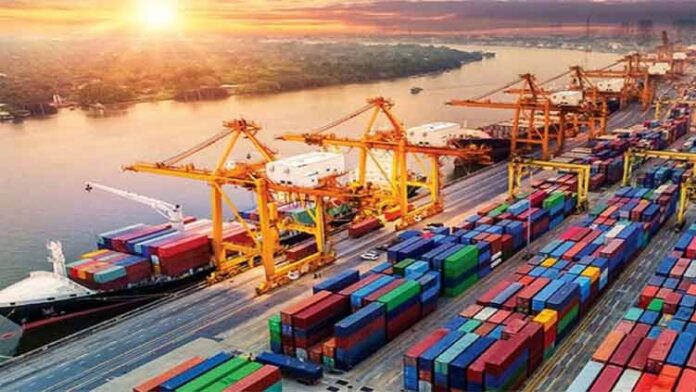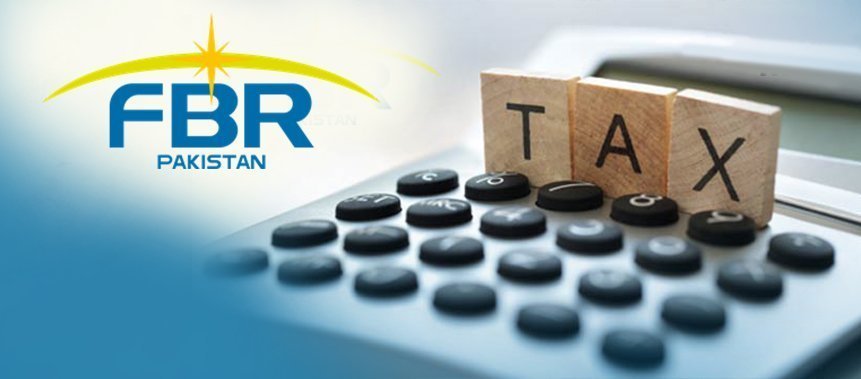Exporters in Pakistan will now be subject to an 18% sales tax on imported raw materials in the upcoming budget, bringing them in line with local raw materials, which have been taxed at the same rate since last year. This policy shift, announced by the Federal Board of Revenue (FBR), is part of a broader tax reform package influenced by the International Monetary Fund (IMF).
In addition to the sales tax, exporters will continue to face a dual taxation structure—1% minimum income tax on gross receipts and the standard 29% income tax rate. The IMF has instructed Pakistan to retain the 1% minimum tax for the next two to three years, citing concerns about revenue unpredictability under the standard tax regime. FBR Member Tax Policy, Dr. Najeeb Memon, confirmed this during a session of the National Assembly Standing Committee on Finance. He also clarified that the 1% minimum tax is non-refundable and must be paid in addition to the 29% standard tax.
READ MORE:
MoITT Demands Compliance Reports on Full E-Office Adoption from Government Entities
The committee also reviewed the 18% sales tax imposed on local raw materials for exports, which had been introduced in the last fiscal budget.
Committee Chairman Syed Naveed Qamar voiced strong criticism of the FBR’s passive approach to tax collection and postponed the approval of the Income Tax Second Amendment Bill. The proposed legislation seeks to reinstate a 25% tax credit for full-time teachers and researchers from July 1, 2022, through the 2025 tax year. However, medical professionals engaged in private practice are excluded from this benefit.




